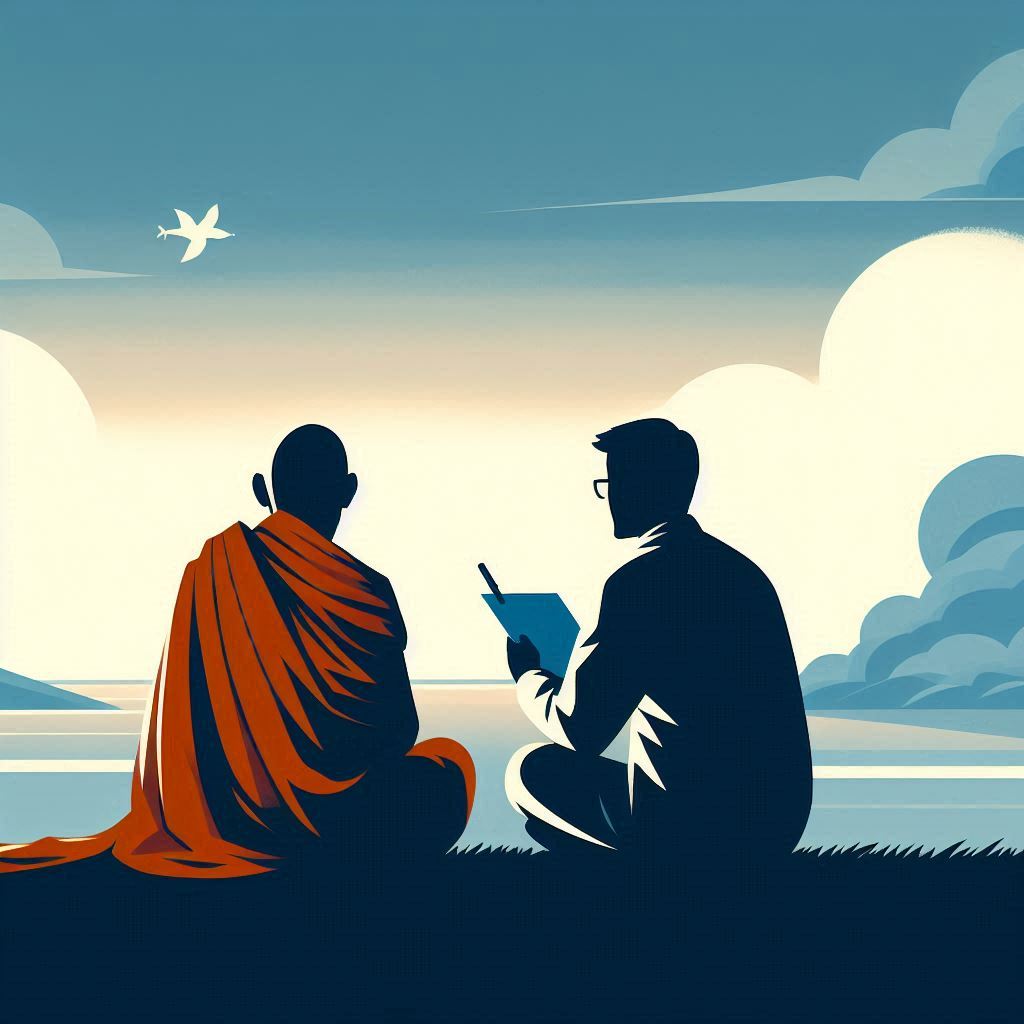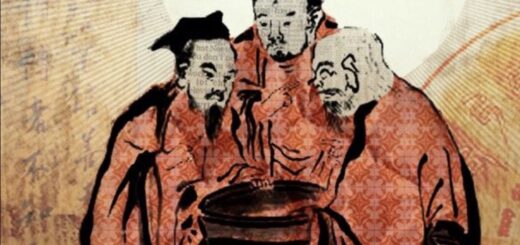Ancient insights to modern wisdom

The ancient Greek philosopher Socrates is renowned for the saying, “All I know is that I know nothing.” His humility in acknowledging his limitations and openness to learning reflects his boundless wisdom.
In ancient times, wisdom, or wise men of extraordinary insights were from the domain of philosophical and religious teachings. Their insights have stayed with us through generations. Often, we borrow their age-old insights. Is the pursuit of wisdom an elusive quest for ordinary individuals? Or, as the Chilean author Gabriel Garcia Marquez once said, “Wisdom comes to us when it can no longer do any good.”
From such a limiting perspective, we have made significant strides in understanding wisdom. It is no longer seen as a mysterious philosophical or religious concept but as an empirical construct grounded in science.
Wisdom is now seen as a practical expertise that can be gained through practice and experiences. The skills and practices include elements of tacit knowledge, social and emotional skills. Practical wisdom involves managing daily challenges, resolving interpersonal issues, knowing when to speak or stay silent, having a good relationship with others and so on.
The transition from philosophical explanation of wisdom to a scientific construct happened over the years, with the input and research from fields of psychology, sociology, and behavioral science. The early major psychological research that contributed to the scientific study of wisdom includes Berlin’s wisdom project and Balance theory of wisdom.
Paul Baltes’ Berlin Wisdom Project is a comprehensive empirical approach to studying wisdom. It distinguishes between implicit theories, which are folk theories developed by asking the public what they think wisdom is, and explicit theories, which are developed by psychologists.
Sternberg’s balance theory of wisdom, which is one of the most appreciated models of wisdom, in simple terms is balancing among multiple interests. One can seek personal benefits but should also aim for the common good of others and society, considering both short- and long-term impacts. Sternberg noted that even intelligent individuals can make foolish decisions due to a lack of wisdom. Unrealistic optimism, egocentrism, false omniscience, false omnipotence, and feelings of invulnerability can lead to such poor decisions.
Today, we have a new scientific discipline known as evidence-based wisdom, and a Centre for Practical wisdom at the University of Chicago, established in 2016.
Igor Grossmann, a Ukrainian-born psychologist, has been a pioneer of evidence-based wisdom. He aims to provide the same level of empirical evidence including randomized control trials, as used in areas of medicine. His work focuses on the socio-ecological aspects of wisdom.
Here they adopt the notion of practical wisdom-a form of excellence in ethical and practical deliberation about the best course of action in a complex situation.
It started with an enquiry into how people experience wisdom in their everyday life and how their thoughts and priorities changed in life.
Evidence based wisdom points out how the thinking modalities and cognitive abilities can be applied for good reasoning and the ways to cultivate them. Skills for creativity and pragmatic problem solving are neglected in our educational system. This emerging branch is a foundational step towards understanding practical wisdom.
Grossman says, wisdom typically grows with age and experiences. However, studies show that young Japanese people are wiser than their Western peers. Their collective culture and focus on others make them more flexible and open minded.
By examining various philosophical definitions, Grossmann identified several key components of wise thinking. The ability to see things from others’ viewpoints during conflicts and to understand beliefs different from one’s own is a remarkable quality. Imagining how a conflict might unfold and considering various outcomes is crucial for effective resolution. Without this, resolving conflicts can be challenging. Being open-minded, flexible, and willing to adapt is essential. Engaging with different cultures and being ready to change fosters open-minded thinking. Compromising in conflict resolution is not a defeat but a necessary step.
To successfully navigate life’s challenges, one must appreciate diverse viewpoints, acknowledge the limits of their knowledge, compromise on opinions, and adapt to different contexts. Practical wisdom is a skill we can develop over time.
We do not achieve wisdom and remain wise forever; it is a lifelong journey of perspective-taking and perspective-sharing.
Self-reflection helps us to debias our intuition. Admitting our limitations and biases demonstrates intellectual humility. To cultivate intellectual humility, we must embrace the timeless wisdom that “All I know is that I know nothing.” It is from this acknowledgment that true wisdom emerges.




